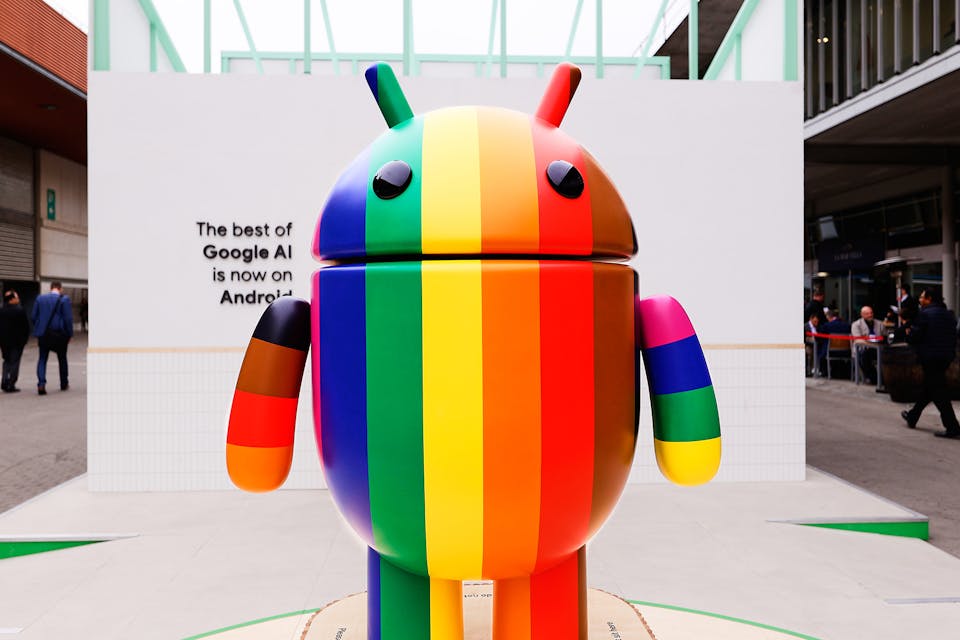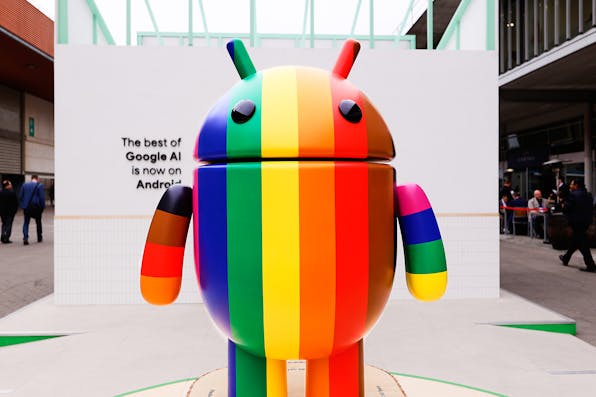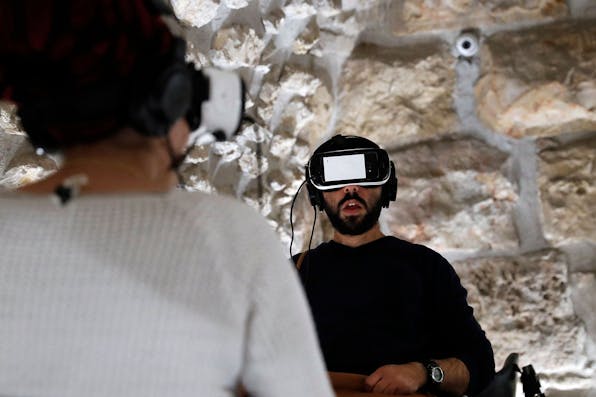
March 27, 2024
Jews Shouldn’t Take the AI Hype at Face Value
Technologies have radically changed religions in the past. But that doesn't mean they'll do so this time.
“Tech bubbles,” in the historian Lee Vinsel’s apt phrasing, “are bad information environments.” I think any discussion of AI needs to begin with the acknowledgement that we are in just such a tech bubble. Tech bubbles are bad information environments for at least two related reasons. First, tech bubbles generate significant levels of hype. I’m defining hype as unsubstantiated and misleading claims about a new technology’s power and potential consequences. And hype can, of course, be earnest in some cases and disingenuous in others. In other words some people actually believe the hype themselves, others will use hype more cynically. An information environment constituted by a high percentage of hype can make it hard enough to think clearly about new technologies. But that is only part of the problem.
Vinsel has also identified what he calls criti-hype. Criti-hype is Vinsel’s way of characterizing what may be well-intentioned critiques of new technologies, which unfortunately take the hype at face value. In other words, while we typically think of hype as having a positive valence, criti-hype has a negative valence, but it is unhelpful because it is insufficiently critical of the hyped claims made for the new technology in question. As information environments, tech bubbles contain high degrees of both hype and criti-hype in varying proportions. To extend the metaphor a bit further, we can conceive of hype and criti-hype as intellectual pollutants compromising the information environment.
Whatever else we might say about AI right now, it seems clear that we are in the kind of situation Vinsel described. Anyone seeking to learn more about AI, especially someone without any particular expertise in the relevant technical fields, will almost certainly encounter myriad examples of hype and criti-hype. AI is described by some as a revolutionary, world-changing technology which will usher in an age of untold abundance, prosperity, discovery, and flourishing. Others fear that it will destroy the human race as we know it. Take your pick. The point is not that either of these futures will necessarily unfold, of course, only that when you’re trying to get your bearings, the proliferation of perspectives ranging wildly along such a spectrum of opinion, makes it very difficult to think concretely and clearly about the path forward.



